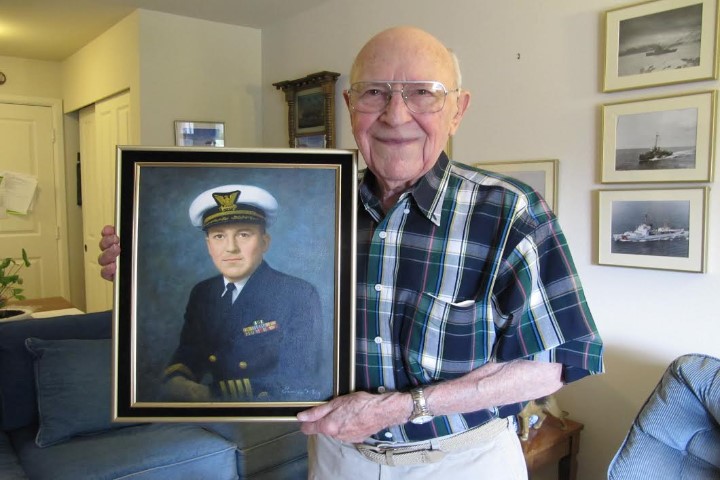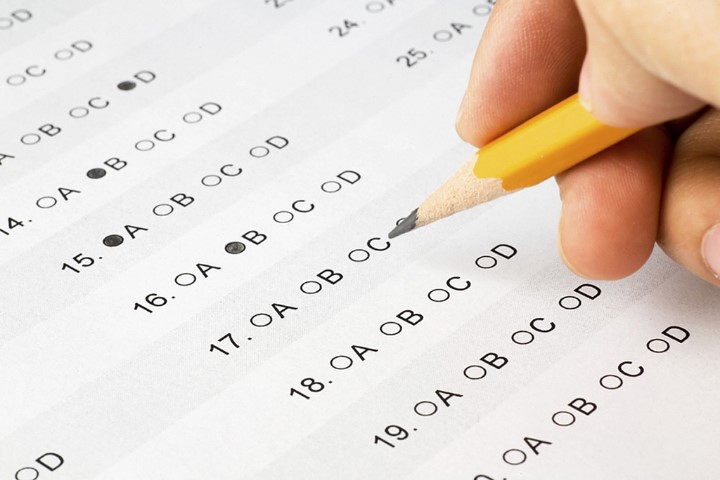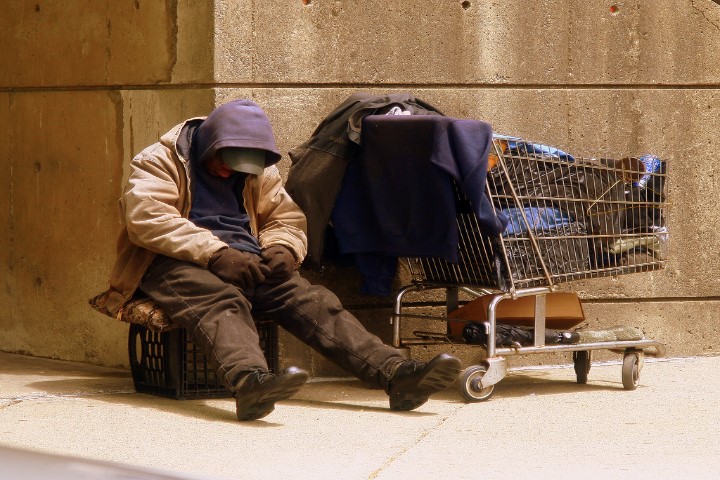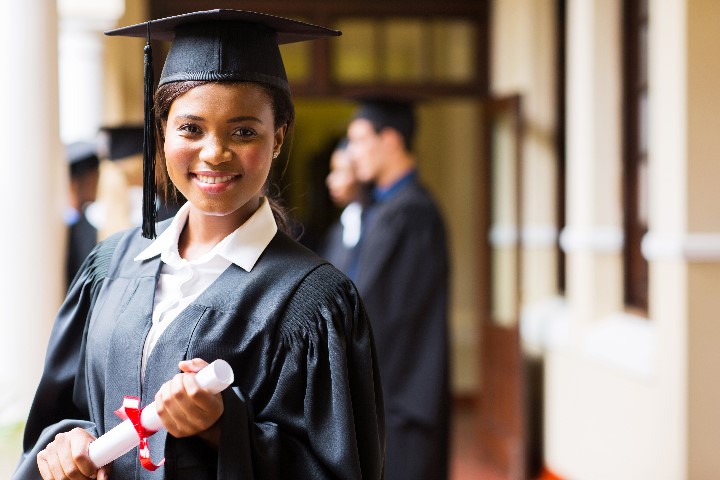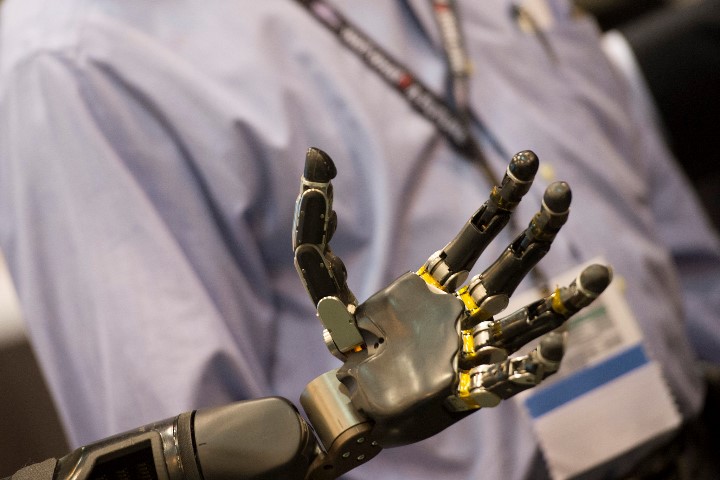Students at Ohio’s Lakota West and Lakota East high schools are stepping up to help struggling classmates in their time of need as part of a new Hope Squad program to prevent teen suicide.
About four dozen students filed into a recent meeting at Lakota West, where Hope Squad CEO Greg Hudnall explained how the program works. Hudnall created Hope Squads after a student committed suicide during his time as a principal for the Provo City School District, which went from one or two suicides per year to a full 15 years without a single suicide.
School researchers note that there is a widespread weakening of social support surrounding contemporary students. Researchers at the Institute for Advanced Studies in Culture found that “There is considerable evidence that strong social support contributes crucially, if not decisively, to their academic success in schools, whether the support comes from parents, and family, youth organizations, or religious organizations. The thickness of social ties also bears positively on the formation of a stable self-identity and, by extension, a child’s moral character.”
The Cincinnati nonprofit Grant Us Hope worked to bring Hope Squads to local schools this year. The idea is to empower students with strong character to work as peer counselors who reach out to classmates struggling through depression or trauma. Hudnall explained that seven out of 10 youngsters who commit suicide tell a friend or show warning signs beforehand, and the Hope Squads aim to intervene before it’s too late, WCPO.
Local teachers and administrators surveyed students to identify their most trusted and accessible classmates, then invited those students to participate in the Hope Squads. Students who volunteer receive training in how to spot students in trouble, and guidance on how to help. One of the first lessons focuses on what’s called QPR – an acronym for question, persuade and refer – as well as other issues like setting boundaries, different stages of grief, and the impact of bullying on suicidal thoughts, according to WTHI.
“I think it will make a huge difference to make sure everybody has a safe place to talk to someone,” said Alyssa Longworth, a Lakota East junior who recently lost a relative to suicide.
Both Longworth and Lakota West junior Logan Grimes, who also lost a relative to suicide, said they’re eager to get started.
“I have confidence once I get the training and once I get through the whole program, I’ll be able to go through it with ease,” Grimes said. “I feel it will help our school be more understanding.”
Teachers and principals working to strengthen moral and citizenship formation in their students can find information and strategies at the UK’s The Jubilee Centre. In The Jubilee Centre’s own words, the following illustrates how the centre views it work. “The Jubilee Centre is a pioneering interdisciplinary research centre on character, virtues and values in the interest of human flourishing. The Centre is a leading informant on policy and practice through its extensive range of projects contributes to a renewal of character virtues in both individuals and society.”

